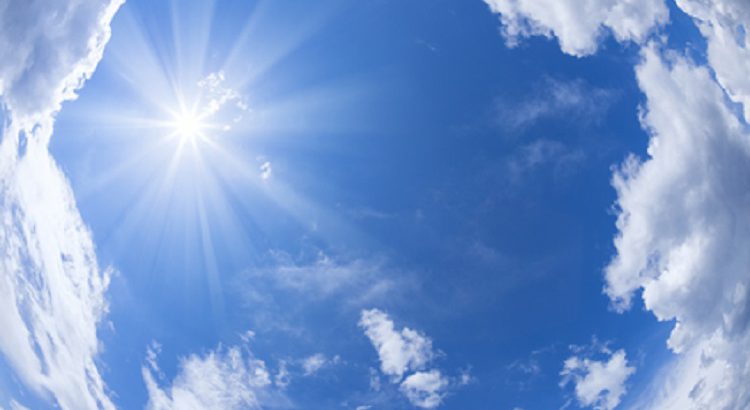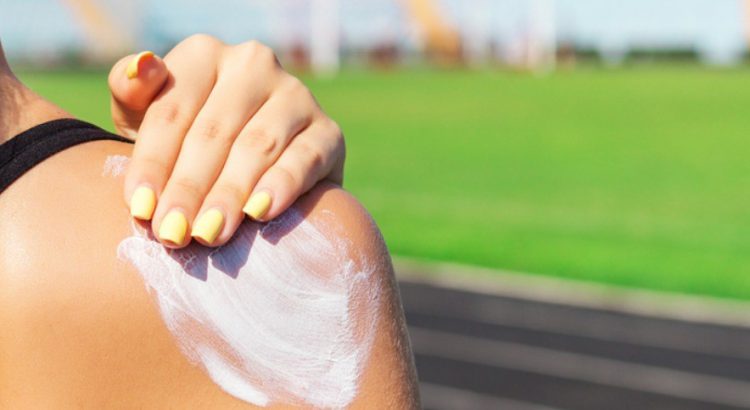Before slathering on the sunscreen, be sure to take a look at the bottle.
Tag: sunscreen

Sunscreen Sun Safety
This weekend marks the unofficial start of summer. With many of us spending more time outdoors this season, it’s important to protect ourselves from sunburn and skin damage.
Here are a few things to remember when applying sunscreen:

Medical Misconceptions: Sun Protection
Each month we set the facts straight regarding a popular health and wellness myth.
This month’s misconception: Sun protection practices
Today is the first day of summer and, for many, it’s a season filled with outdoor activities. Whether you’re heading to the shore or staying close to home, sun protection is vital for outdoor summer fun. This month, we’re clarifying four sun protection myths:

Medical Misconception: Sun & Tanning Myths
To take advantage of the summer sunshine, many of us spend time outside whether on vacation or in our backyards. While “fun in the sun” is part of the season, two of the biggest summertime medical misconceptions have to do with sun exposure – skipping sun protection on a cloudy day and not wearing sunscreen depending on how well you tan.
On a cloudy or overcast day, many are tempted to skip the sunscreen — after all, the sun isn’t shining, so it can’t do any damage, right? Wrong.

Understanding SPF in Sunscreen
Walk into any store to purchase sunscreen and you’ll be bombarded with all of the choices—not just in brands, but with their Sun Protection Factor (SPF) levels. Do you know what SPF means or its significance in protecting your skin?
